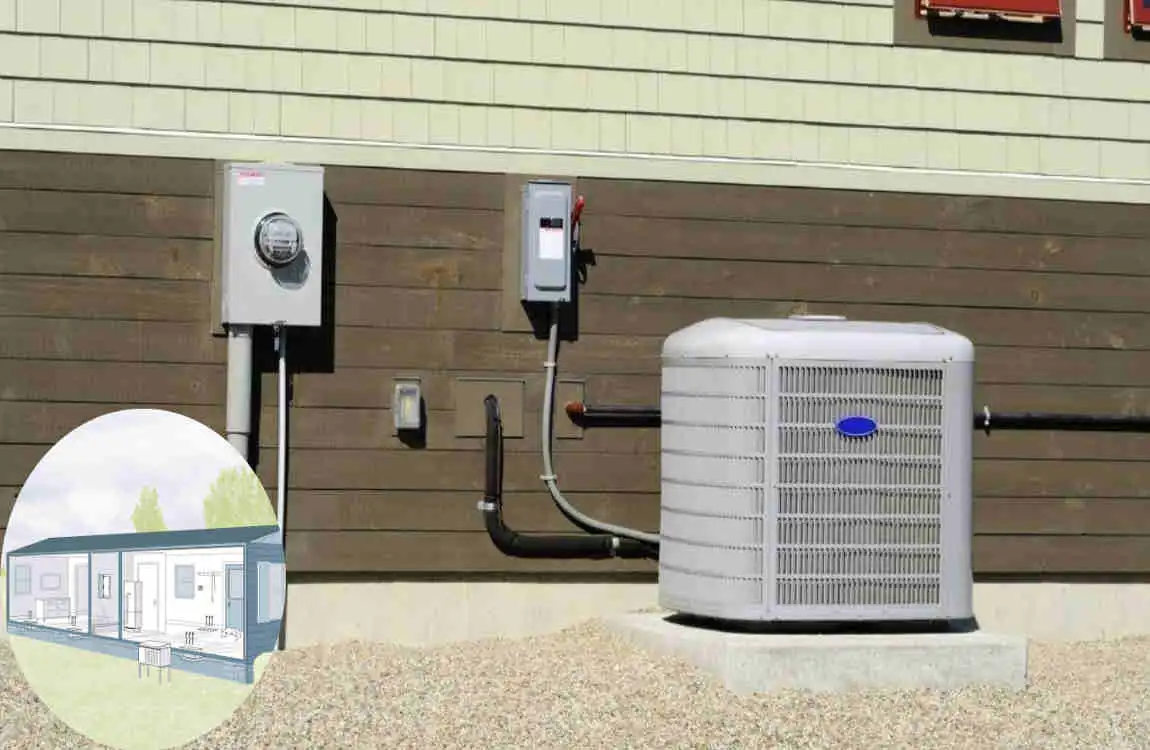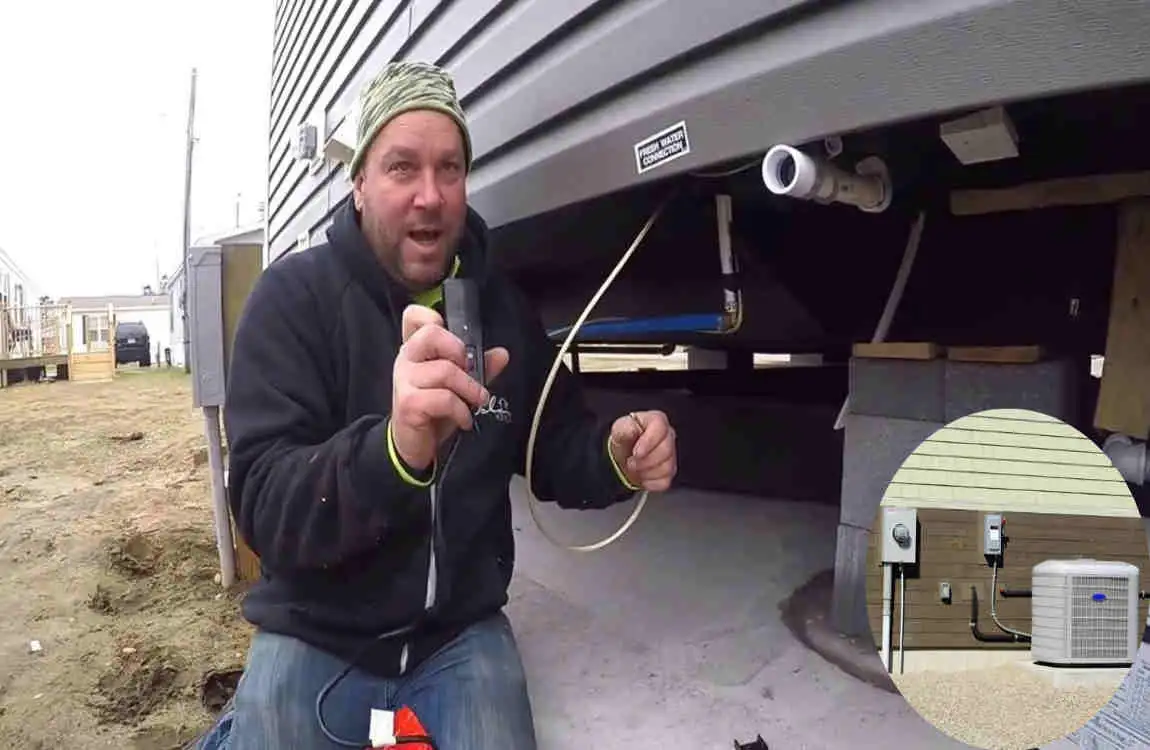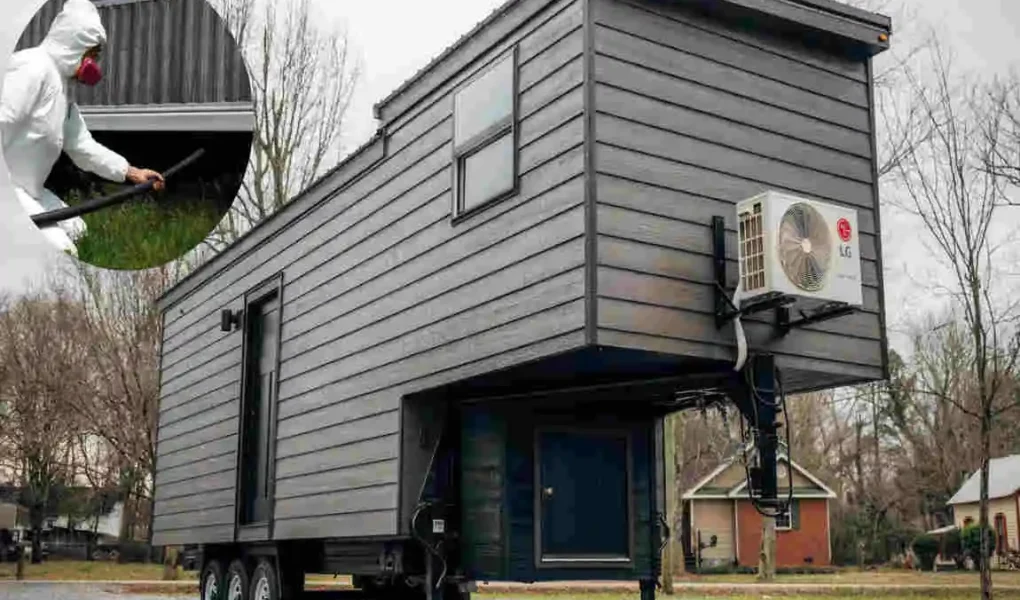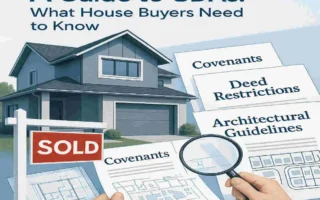Heating a mobile house can feel like a puzzle. You want to stay warm during cold days without breaking the bank. But how much does it cost to heat a mobile home? Understanding this is essential for budgeting and making wise energy choices.
What Is a Mobile House? Understanding the Basics

Before diving into heating costs.
Definition and Characteristics
A mobile house, sometimes called a manufactured home, is a prefabricated dwelling built in a factory and then transported to a site. Unlike traditional houses built on-site, mobile house features are designed with portability in mind.
- Size: Typically smaller than traditional homes, ranging from 500 to 2,000 square feet.
- Structure: Built on a steel chassis, often with thinner walls and less insulation.
- Foundation: Usually set on blocks or piers rather than a permanent foundation.
How Construction Affects Heating Needs
Because mobile homes have lighter construction and thinner walls, they tend to lose heat more quickly than conventional houses. This means they can require more energy to stay warm, especially in colder climates. Understanding this helps explain why heating costs can be higher or more variable.
Types of Heating Systems Commonly Used in Mobile Houses
Choosing the right heating system is crucial.
Popular Heating Systems
- Natural Gas Furnaces
- Electric Heaters
- Propane Heaters
- Wood Stoves
Cost and Efficiency Comparison
Heating System Average Operating Cost* Efficiency Level Pros Cons
Natural Gas $80-$150/month High Cost-effective, reliable Requires gas hookup
Electric $100-$200/month Medium to high Easy installation, low upfront Higher operating costs
Propane $90-$180/month Medium Portable, suitable for rural areas Price fluctuates
Wood $50-$120/month Variable Renewable, low fuel cost, Labor-intensive, maintenance
*Costs vary by region and usage.
Pros and Cons in the Mobile Home Context
- Natural Gas: Ideal for those with local access to gas; efficient and relatively affordable.
- Electric: Ideal for homes without gas lines, but can get pricey in winter.
- Propane: Flexible and suitable for off-grid areas, but prices can swing.
- Wood: Eco-friendly and cheap fuel, but requires effort and space.
Average Costs to Heat a Mobile Home

Monthly and Annual Cost Ranges
Heating a mobile home typically costs between $80 and $200 per month, depending on factors such as the type of heating fuel used, the home’s size, and the local climate. Annually, that can add up to about $960 to $2,400.
Regional Variations and Climate Impact
- Colder regions (e.g., northern states) see higher heating bills.
- Milder climates (e.g., southern states) have lower costs.
- Fuel prices and availability also vary by region, which in turn influences costs.
Size and Insulation Effects
Larger mobile homes and those with poor insulation cost more to heat. For example:
- A well-insulated 1,200 sq ft mobile home may cost $100/month.
- A poorly insulated 1,600 sq ft home might exceed $200/month.
Factors That Affect Heating Costs in Mobile Houses
Heating costs don’t exist in a vacuum. Several key factors influence your final bill.
Insulation Quality and Heat Retention
Better insulation means less heat escapes, resulting in reduced energy use.
Size and Layout
More house square footage and open floor plans generally require more heat.
Local Fuel Prices and Availability
Prices for gas, propane, and electricity vary widely by location.
Efficiency and Age of Heating System
Newer, energy-efficient furnaces use less fuel.
Homeowner Behaviors
Thermostat settings, usage patterns, and habits impact consumption.
How Insulation Impacts Heating Costs
Insulation is your home’s thermal blanket.
Importance of Mobile Homes
Mobile homes often have less insulation than traditional houses, so improving it can drastically reduce heat loss.
Common Insulation Types and Upgrades
- Fiberglass batts: Affordable and standard.
- Spray foam: Seals gaps and cracks well.
- Rigid foam boards Are Ideal for walls and floors.
Cost-Benefit Analysis
Spending a few hundred dollars on insulation upgrades can save hundreds of dollars annually on heating bills — a wise investment.
Savings Potential
Proper insulation upgrades can cut heating costs by 20-30% or more.
Fuel Types Explained: Natural Gas, Electric, Propane, and Wood
Natural Gas
- Usually, the cheapest option.
- Prices are relatively stable.
- Requires access to natural gas lines.
Propane
- Portable and widely used in rural areas.
- Prices can spike in winter due to demand.
- Requires storage tanks.
Electric Heating
- Easy to install.
- It can be expensive, especially in cold months.
- New heat pump technology is improving efficiency.
Wood Heating
- Low fuel cost if you have access to wood.
- Requires manual labor to operate.
- It can provide cozy warmth but needs upkeep.
How to Calculate Your Mobile House Heating Costs
Want to estimate your heating bill? Here’s a simple guide.
Sample Calculation
For a 1,200 sq ft mobile home using natural gas:
- Fuel consumption: 0.5 therms/hour
- Fuel price: $1.20 per therm
- Heating hours per day: 8
- Winter days: 120
Calculation: 0.5 × $1.20 × 8 × 120 = $576 for the winter season.
Tips to Reduce Heating Costs in Mobile Houses
Saving money is always welcome! Try these ideas.
- Upgrade to energy-efficient heating systems.
- Add or improve insulation and seal air leaks.
- Use programmable thermostats to control temperature.
- Maintain your heating system regularly.
- Consider alternative heating options, such as pellet stoves or space heaters, to supplement your current heating system.
Common Heating Challenges in Mobile Houses
Mobile homes have unique heating hurdles.
- Thin walls lead to heat loss.
- Proper ventilation is necessary for safety.
- Seasonal temperature swings affect bills.
- Many owners share stories of creative heating solutions.
The Role of Location and Climate
Where you live matters.
- Cold climates mean higher heating needs.
- Warm areas may use less or rely on electric heat.
- Extreme weather calls for specialized heating strategies, such as backup systems.
When to Consider Replacing or Upgrading Your Heating System
Signs it’s time to upgrade:
- Rising energy bills.
- Frequent breakdowns.
- Old, inefficient technology.
Upgrading can reduce costs and improve comfort.
Financing and Incentives for Heating Upgrades
Good news! You may qualify for:
- Rebates on energy-efficient systems.
- Tax credits.
- Low-interest loans or financing plans.
Check local utility and government programs for offers house design.




